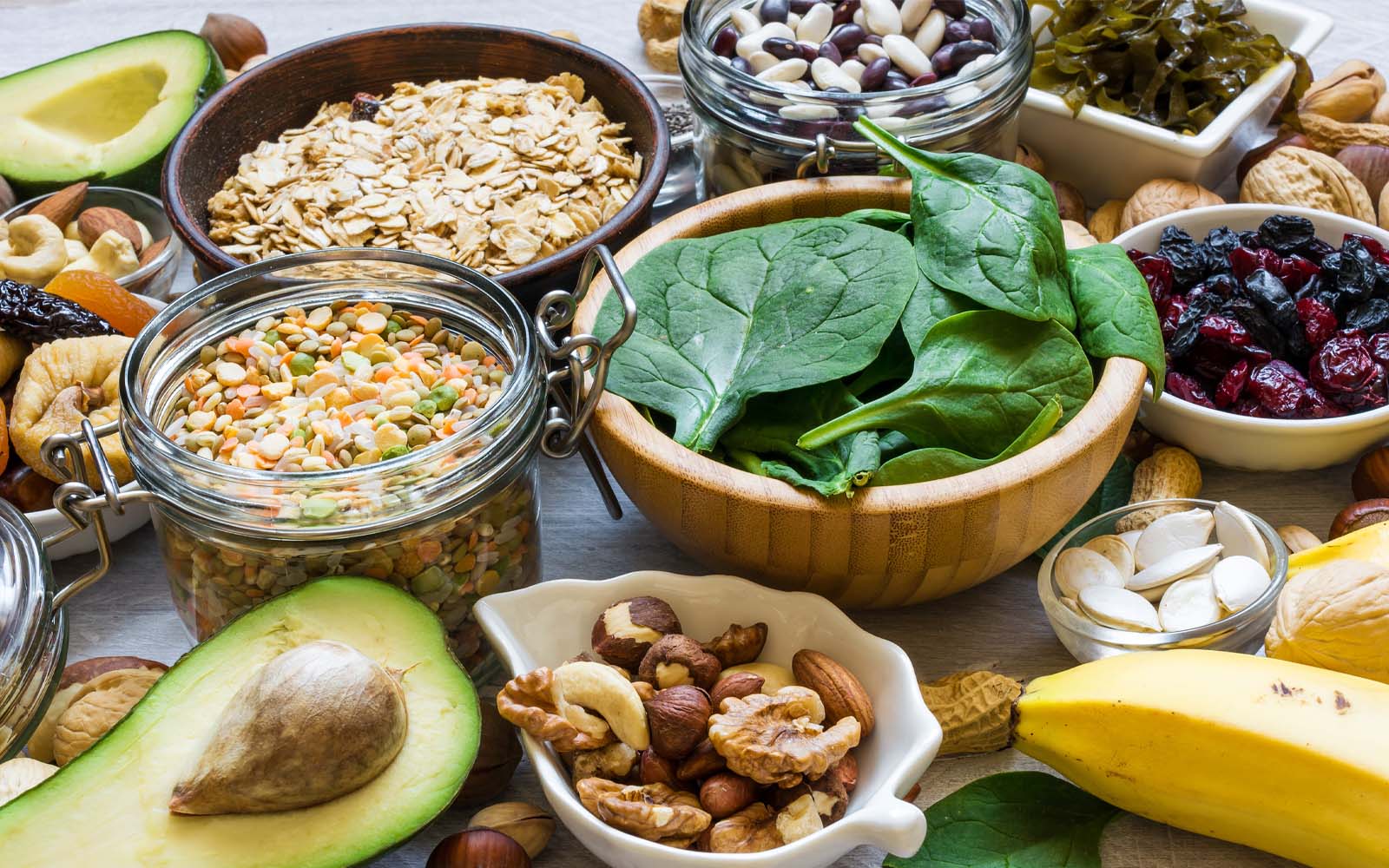Do You Really Need Extra Magnesium?
Learn how to tell if you need more magnesium plus how to support your magnesium intake through diet and supplementation.

In the intricate dance of maintaining balance in our bodies, magnesium is much more than a minor player. In fact, this unassuming mineral plays a role far more profound than many might assume.
This essential mineral is required in adequate levels in order to ensure proper development and overall general health and wellbeing. Its contributions span a wide spectrum of support, encompassing protein synthesis, muscle and nerve function, bone health and much more.
However, the stark reality is that some individuals may fall short of meeting their daily magnesium needs.
In this article we unravel the importance of magnesium, highlight the telltale signs of low magnesium levels in the body, shed light on the complexities of testing for it, and offer insights into rectifying any nutritional gaps.
The Magnesium Matrix: Navigating Dietary Needs
As an essential micronutrient, magnesium holds an indispensable role in how our bodies function. However, at times its requirement tends to get overshadowed by other dietary elements.
Magnesium’s contributions are woven into the fabric of our cellular processes, influencing diverse functions such as protein production, muscle and nerve functionality, and the development and maintenance of robust bones.
According to recommended daily intake guidelines, men should aim to consume approximately 420 milligrams of magnesium daily, whereas women should aim for 320 milligrams of the mineral per day. These targets, attainable through a diverse and balanced diet, appear within reach.
Magnesium-Rich Food Sources
When it comes to enriching your diet with magnesium, a treasure trove of natural sources awaits.
Many different nuts offer an abundant supply of magnesium, with almonds, cashews, and peanuts leading the charge.
Leafy greens like spinach, kale, and Swiss chard not only add vibrant colour to your plate but also provide a generous dose of this essential mineral.
Delve into the realm of legumes, where black beans, edamame, and lentils shine as versatile options brimming with magnesium.
Whole grains, such as brown rice, quinoa, and whole wheat, not only contribute to a well-rounded diet but also pack a nutritional punch with their magnesium content.
Embark on a culinary adventure with the inclusion of fatty fish like salmon and mackerel, which offer a twofold benefit with their omega-3 fatty acids and magnesium.
And don't forget the beloved banana, a convenient and delightful source of magnesium, as well as one of the best natural sources of potassium.
Indicators of Dietary Deficiency: Unveiling the Signs
The human body, a sophisticated tapestry of interconnected systems, often sends out subtle signals when something is amiss.
When it comes to insufficient magnesium levels, these signs are manifested in various ways, predominantly within the realm of neuromuscular function.
Fatigue and weakness: If the prospect of your morning coffee is the only thing coaxing you out of bed, your body's magnesium levels might be telling a tale of fatigue and weakness. Magnesium plays a pivotal role in energy production, and dietary deficiency can leave you feeling drained and weaker than your potential.
Nerves and muscles: Magnesium's role in nerve and muscle function is paramount. Inadequate dietary magnesium intake can lead to complications including mild twitching, cramps, and uncomfortable muscle spasms.
Cracking the Magnesium Mystery: Testing and Beyond
Confirming inadequate magnesium levels in the body is a puzzle with intricate pieces. If you suspect your magnesium levels might be subpar, it's wise to seek guidance from a healthcare professional.
The most straightforward route to confirmation involves a blood test, offering insights into your current magnesium status.
Navigating the Path to Restoration: Empowering Your Magnesium Levels
As with many aspects of health, awareness is the initial step toward transformation. If your dietary magnesium intake is a concern, there are proactive measures to consider:
Moderate alcohol intake: Excessive alcohol consumption can hinder magnesium processing within the body. Curtailing alcohol intake can potentially optimise magnesium utilisation.
Embrace magnesium-rich fare: Cultivating a balanced and nutritious diet, replete with magnesium-rich foods, is a cornerstone of magnesium restoration. From nuts and leafy greens to beans and whole grains, an assortment of culinary delights can replenish your magnesium reservoir.
Supplementing the Shortfall: The Role of Dietary Magnesium Supplements
In instances where dietary avenues fall short, the assistance of dietary supplements might be considered. However, this terrain may necessitate guidance from a healthcare professional.
A quality magnesium supplement, tailored to your individual needs, can help bridge the gap between dietary intake and your body's requirements. Various forms of magnesium supplements are available, each catering to distinct needs.
In essence, magnesium is far more than a mere mineral; it's a vital component of our wellbeing. Despite its presence in numerous foods, subpar consumption remains widespread.
By paying attention to the signals our bodies send us, understanding the signs of insufficient dietary consumption, and employing strategic measures to rectify this gap, we can take steps towards improving our overall general health and wellbeing.
Related Products
Other Articles





